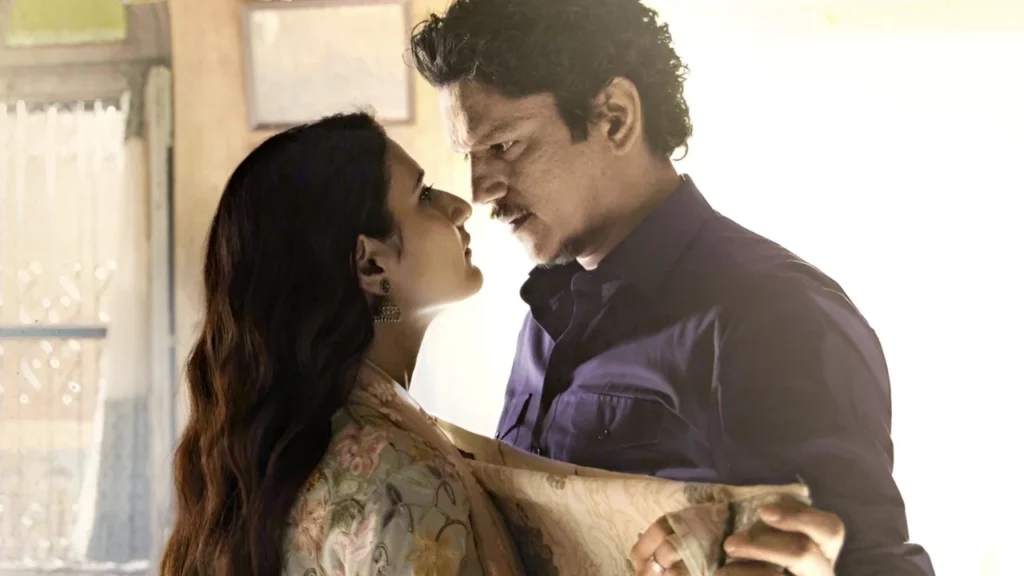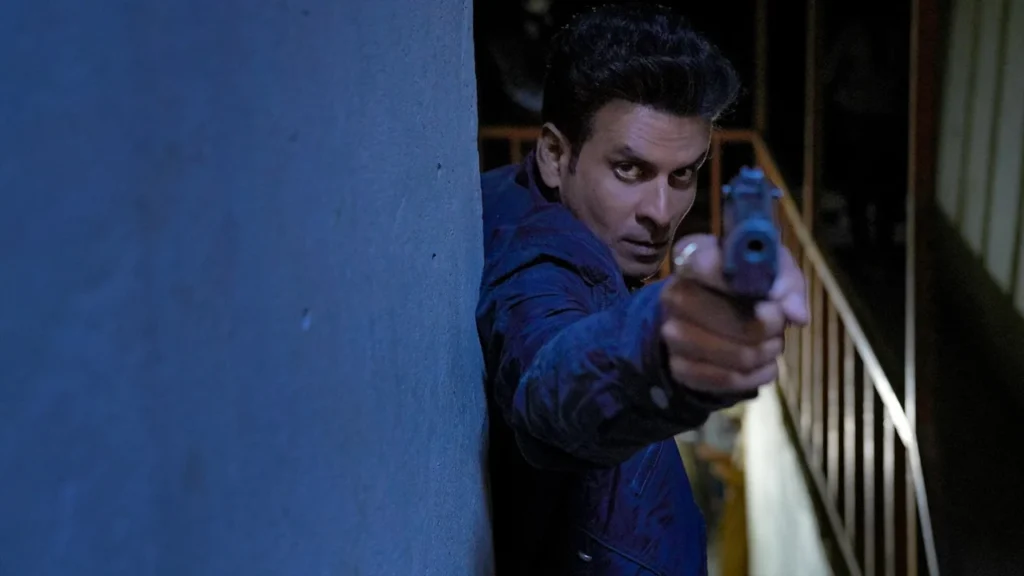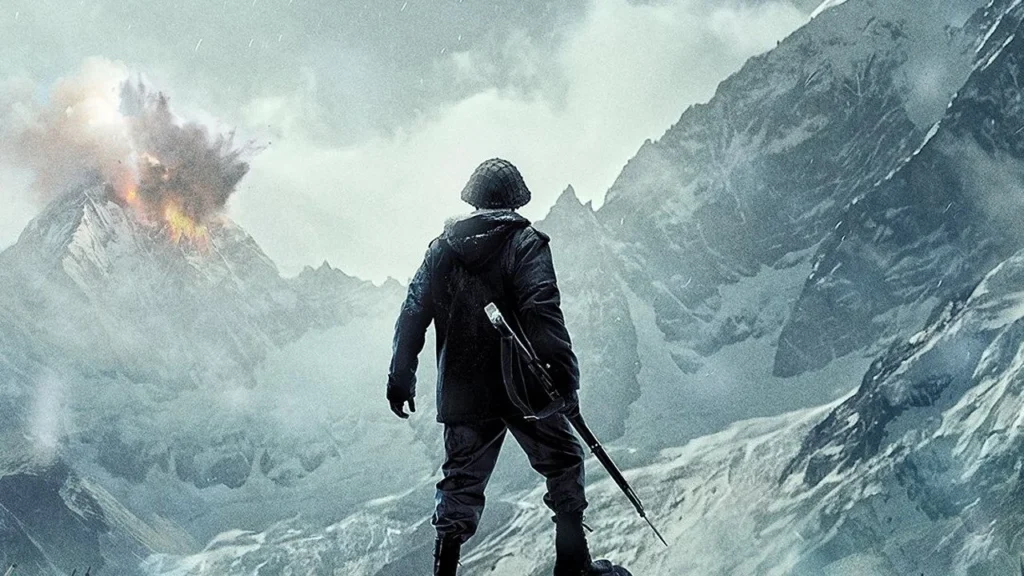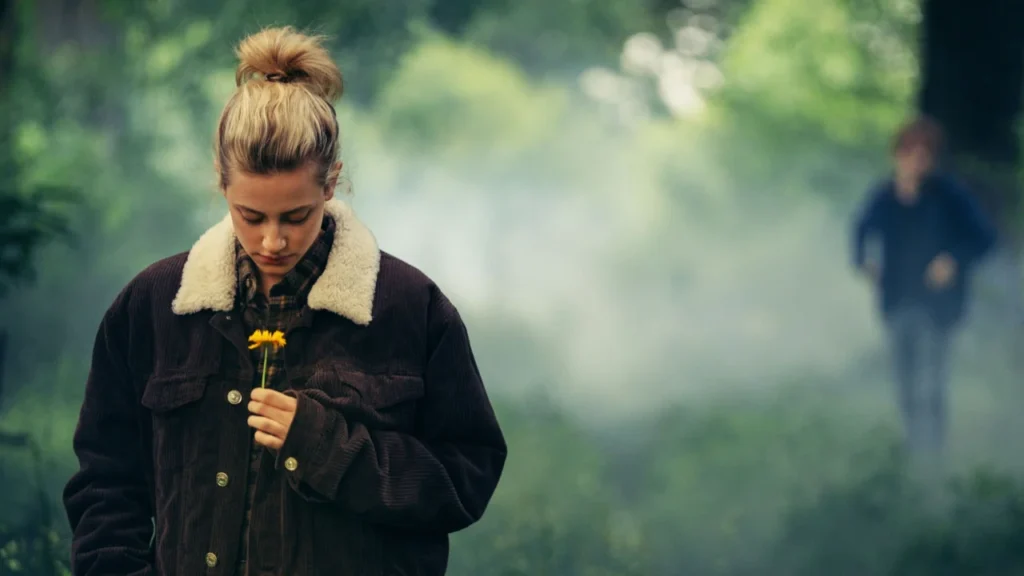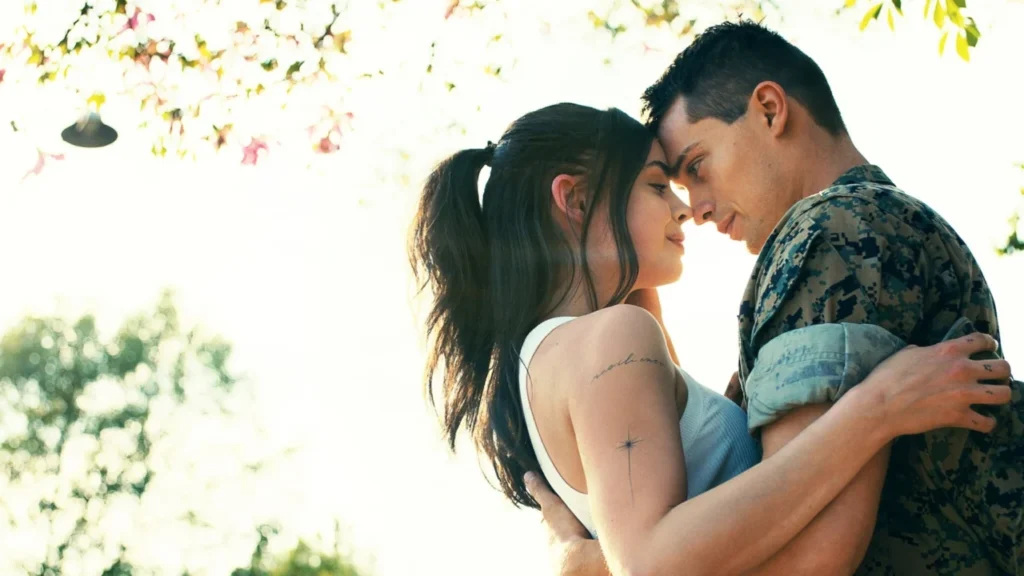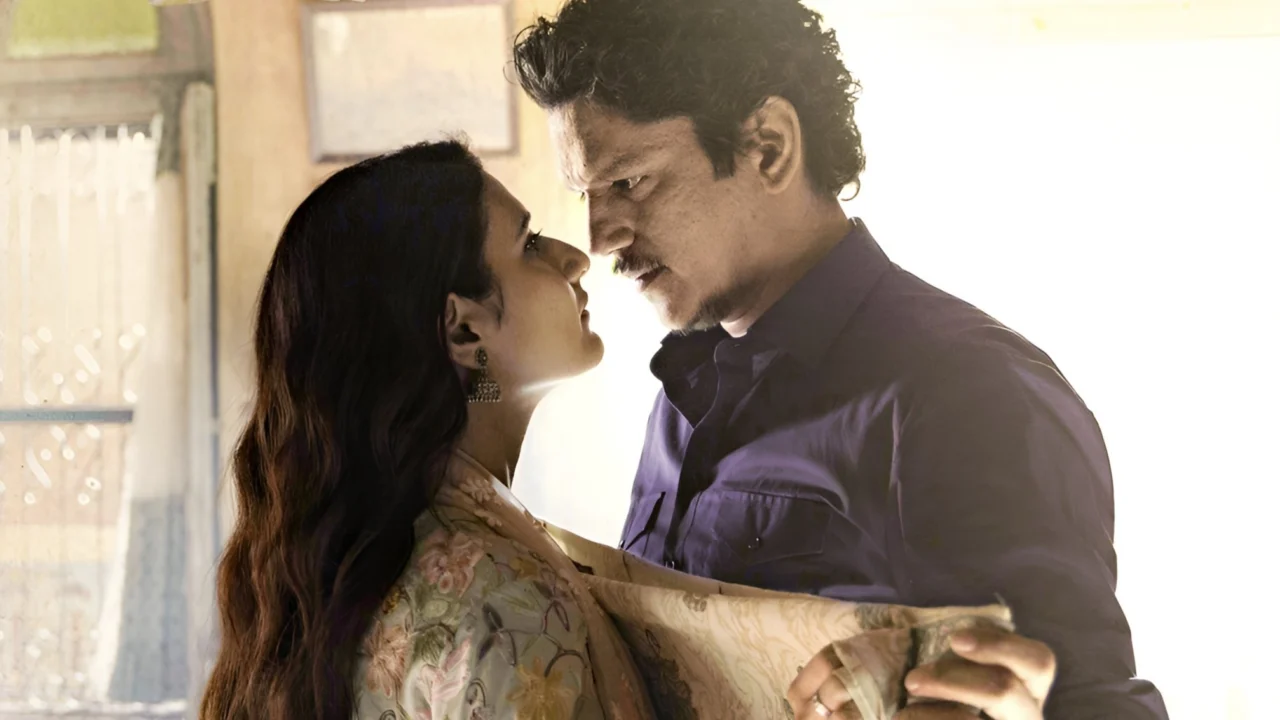
Gustaakh Ishq (2025) Movie ft. Fatima, Naseeruddin, and Vijay
After four years away from acting, Farhan Akhtar is back on screen with 120 Bahadur. Directed by Razneesh Razy Ghai, this war drama takes on the Battle of Rezang La from 1962. Farhan plays Major Shaitan Singh Bhati, while Raashii Khanna appears briefly as his wife.
The film hit theaters on November 21, 2025. It tells the story of 120 soldiers who held their ground against 3,000 Chinese troops during the Sino-Indian War. It’s a story few people know about, which makes bringing it to the big screen all the more important.

The Story It Tells
Set in November 1962 at Rezang La, the film follows Major Singh and his men. When he spots thousands of enemy soldiers moving toward them, his seniors tell him to retreat. But he refuses. He tells them his 120 men will stay and fight.
The story comes through the eyes of a radio operator who survived. I liked this choice because it feels personal and grounded. The first part shows these men as regular guys—cracking jokes, missing home, dealing with small fights. The second part is where the real battle happens. It’s raw, cold, and unforgiving.
What the Actors Bring
Farhan Akhtar owns this role. His performance feels restrained but full of power. He doesn’t shout or overdo it. He commands through presence, not volume. Watching him in the battle scenes, I could feel the weight he carried. Though I’ll admit, his polished accent did pull me out a few times. It didn’t match a man from rural Rajasthan.
Raashii Khanna doesn’t get much time, but she uses every second well. Her warmth comes through naturally. She reminds you these soldiers had families waiting for them. Sparsh Walia, making his debut, stands out as the radio operator. His performance feels fresh and honest.
Vivan Bhatena is strong as Jemadar Surja Ram. Ajinkya Deo and Eijaz Khan support the story well. Most of the soldiers are played by first-timers who trained for six months. You can tell. They move, speak, and react like real jawans.
What Really Works
The visuals are stunning. Tetsuo Nagata’s cinematography makes Ladakh look both beautiful and brutal. They shot this at 14,000 feet in real locations, and it shows. Every frame feels cold. You can almost feel the thin air and biting wind. War films often use sets, but this one didn’t. That decision makes all the difference.
The battle scenes don’t feel fake or overdone. They’re intense without being gory for no reason. The film gives attention to all 120 men, not just the major. That choice works. When soldiers die, it hits harder because you saw them laugh earlier.
I loved the quieter moments—men sitting around a small fire, sharing stories, writing letters home. Those scenes build real bonds. Amitabh Bachchan’s voiceover at the start adds weight. Satish Raghunathan’s background score supports the mood without overwhelming it.
What Falls Short
The first half drags. It takes too long to set things up and some scenes feel like filler. I’ve seen these tropes before—the rookie who needs guidance, the tough sergeant, the family flashback. They work, but they’re predictable.
The music is a miss. None of the songs stick with you. One romantic number between Farhan and Raashii feels forced. It breaks the flow. The film needed better songs or maybe no songs at all.
For all its technical shine, the film sometimes rushes through emotions. It moves from one scene to the next without letting things breathe. I wanted more pauses. More silence. More time to sit with what just happened. That would have made the sacrifice feel heavier.
What People Are Saying
Critics are split but mostly positive. Bollywood Hungama gave it 3 out of 5. They liked Farhan and the war scenes but felt the first half was slow. Zee News went higher with 4.5 out of 5, praising how it honors all soldiers equally.
India Today and Hindustan Times both landed at 3 out of 5. They loved the cinematography but wanted tighter emotional beats. Almost every critic agreed the camera work is top-notch.
Audiences who saw it early came out emotional. Twitter lit up with reactions. People left theaters in silence. Army veterans called the battle scenes accurate. Farhan’s performance got huge praise. Many mentioned the stunning Ladakh shots. Some cried during the final stretch. One tweet stuck with me—someone wrote the theater stayed quiet even after the credits rolled.
What I Think
120 Bahadur respects the men it’s about. That matters more than anything. The visuals are breathtaking. Farhan delivers a career-best performance. The battle scenes pull you in and don’t let go. Watching real locations and trained actors makes the experience feel authentic.
But it stumbles with pacing, weak songs, and some emotional gaps. The first half could have been sharper. The film follows safe patterns instead of taking risks. Still, it’s worth watching. It tells a story that deserves attention.
This film reminds you soldiers stand in freezing mountains while most of us sleep. They face odds we can’t imagine. 120 Bahadur doesn’t just show their bravery—it honors their humanity. That’s what stays with you after the lights come back on.
Rating: 3.5 out of 5 stars

